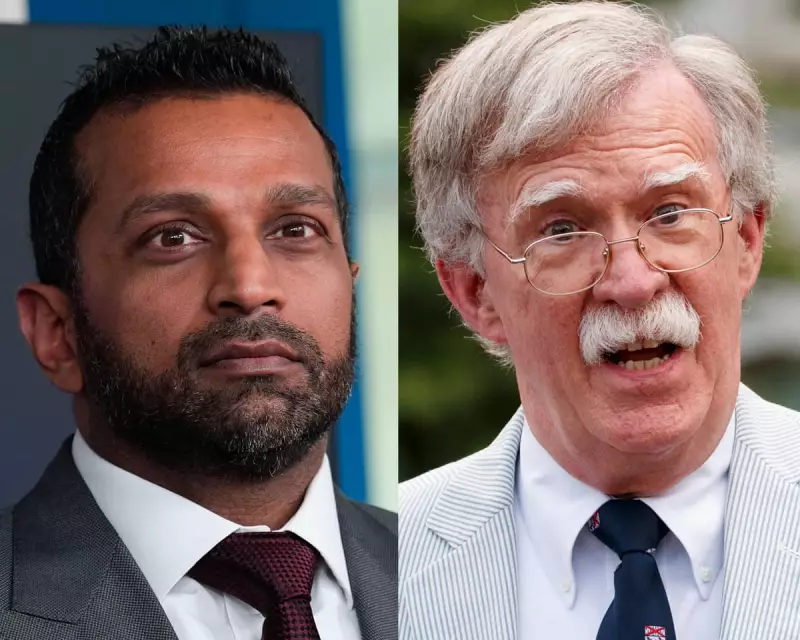
In a revelation that is set to send shockwaves through Washington, former Trump administration heavyweights John Bolton and Kash Patel have disclosed they covertly compiled a list of officials they suspected of actively working against the President's agenda.
The extraordinary claim is made in their forthcoming joint memoir, details of which have been obtained by The Guardian. The book portrays a deeply factionalised White House, where the two authors took it upon themselves to identify what they saw as a 'resistance' element from within.
The 'List' and its Fallout
According to the book, Bolton, who served as National Security Advisor, and Patel, a loyalist who held several key roles including in the Pentagon, grew increasingly frustrated by what they perceived as deliberate obstruction. Their solution was to privately document the names of individuals they believed were disloyal or intentionally sidestepping Donald Trump's directives.
While the full contents of this list remain undisclosed, its very existence paints a picture of an administration at war with itself. The authors suggest this internal conflict hampered policy implementation and created a pervasive atmosphere of distrust at the highest levels of government.
A Clash of Ideologies and Loyalties
The memoir is expected to provide a stark, insider's account of the fierce ideological battles that defined the Trump presidency. Bolton, a established foreign policy hawk, and Patel, a fervent Trump advocate, found common ground in their battle against a perceived 'deep state' resistance.
This collaboration between two figures from different wings of the conservative movement highlights the unique and often chaotic nature of Trump's governing style, where traditional political alliances were frequently upended.
Anticipated Reactions and Implications
The book's claims are likely to be met with fierce denials and counter-accusations from those named or implicated. Furthermore, it is poised to reignite debates about the integrity of the civil service and the limits of loyalty to a sitting president.
For historians and political commentators, this account offers a new, deeply contentious piece of the puzzle about one of the most unconventional periods in modern American politics. The fallout from these disclosures will be closely watched, potentially influencing the ongoing political discourse surrounding the former president and his potential future.





